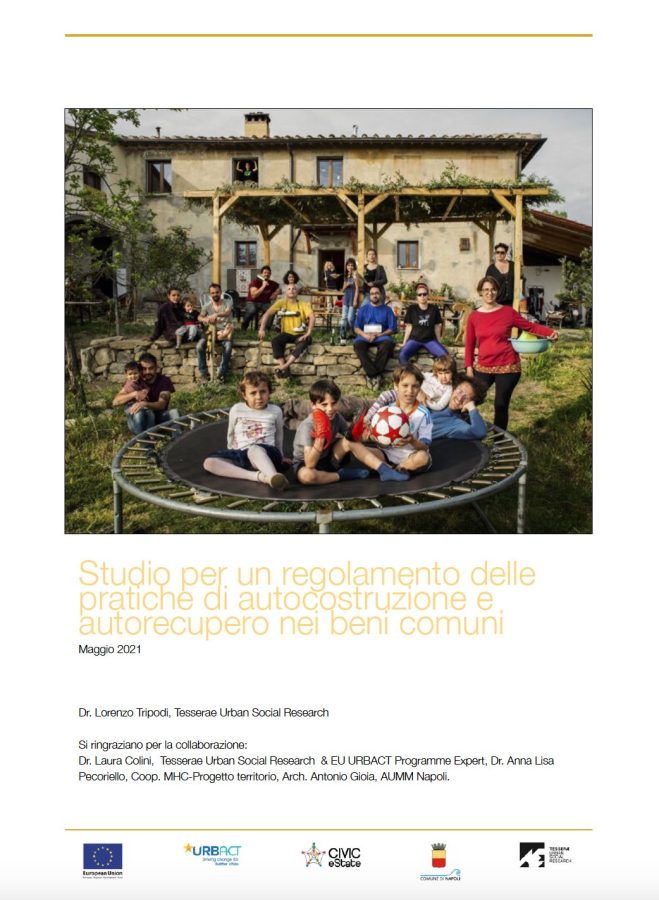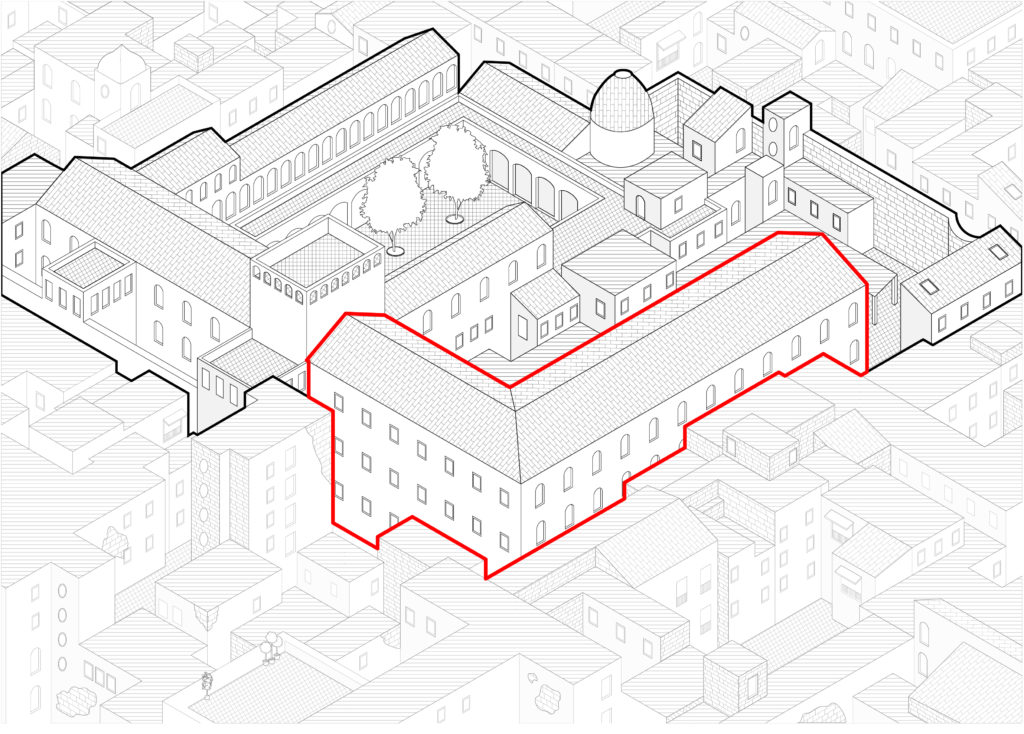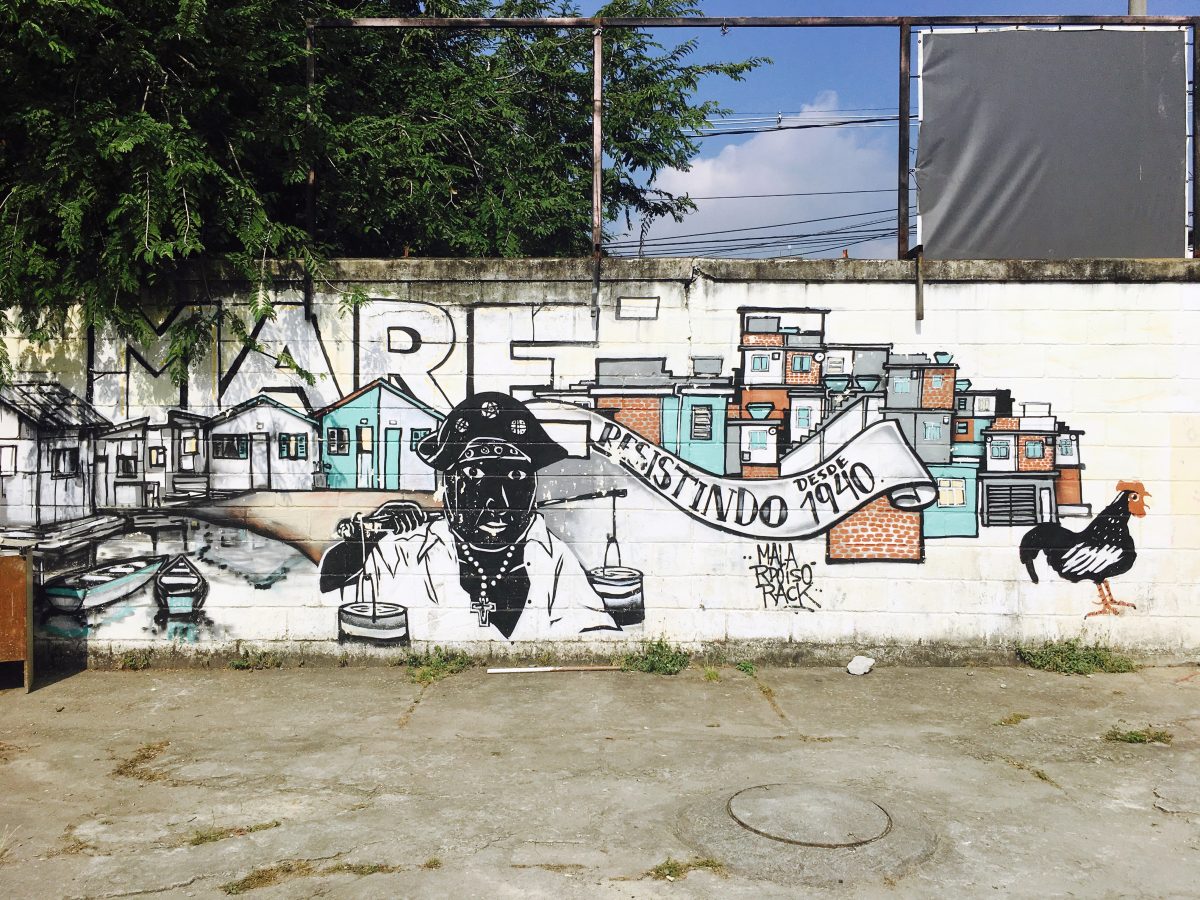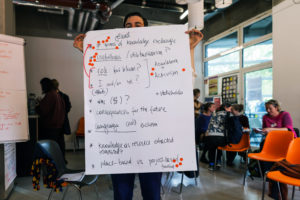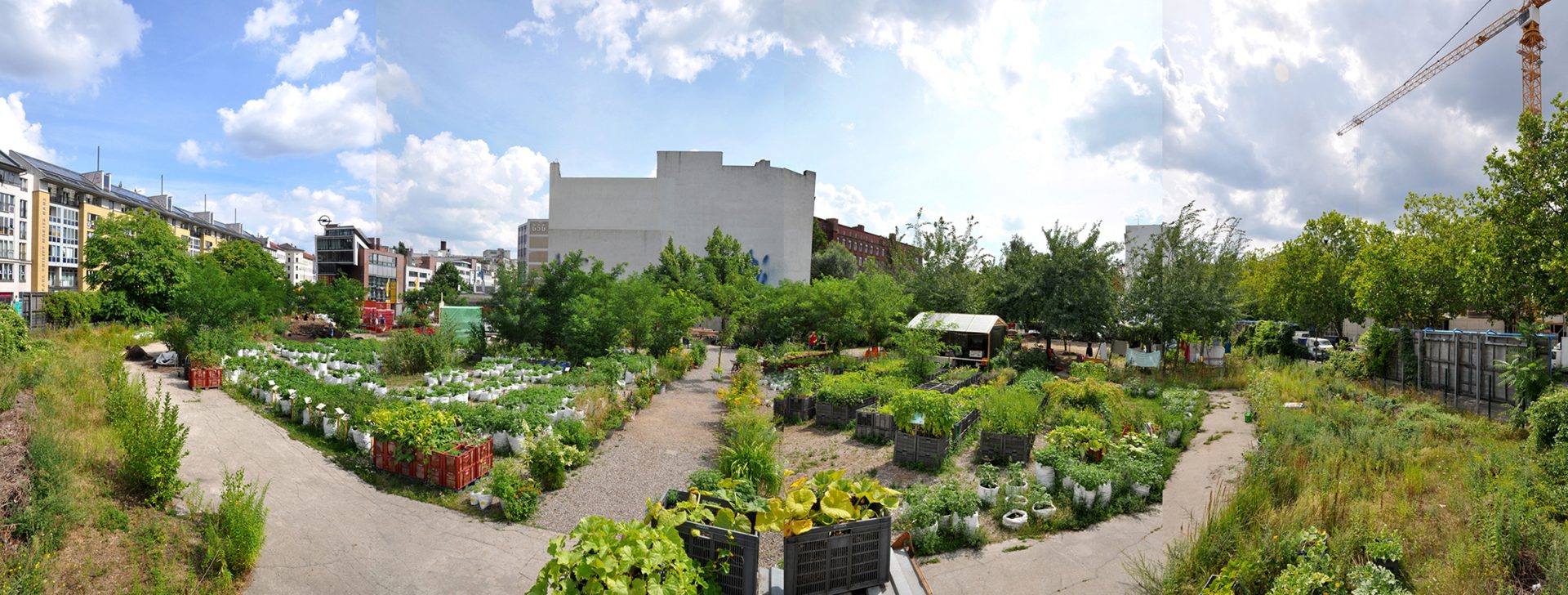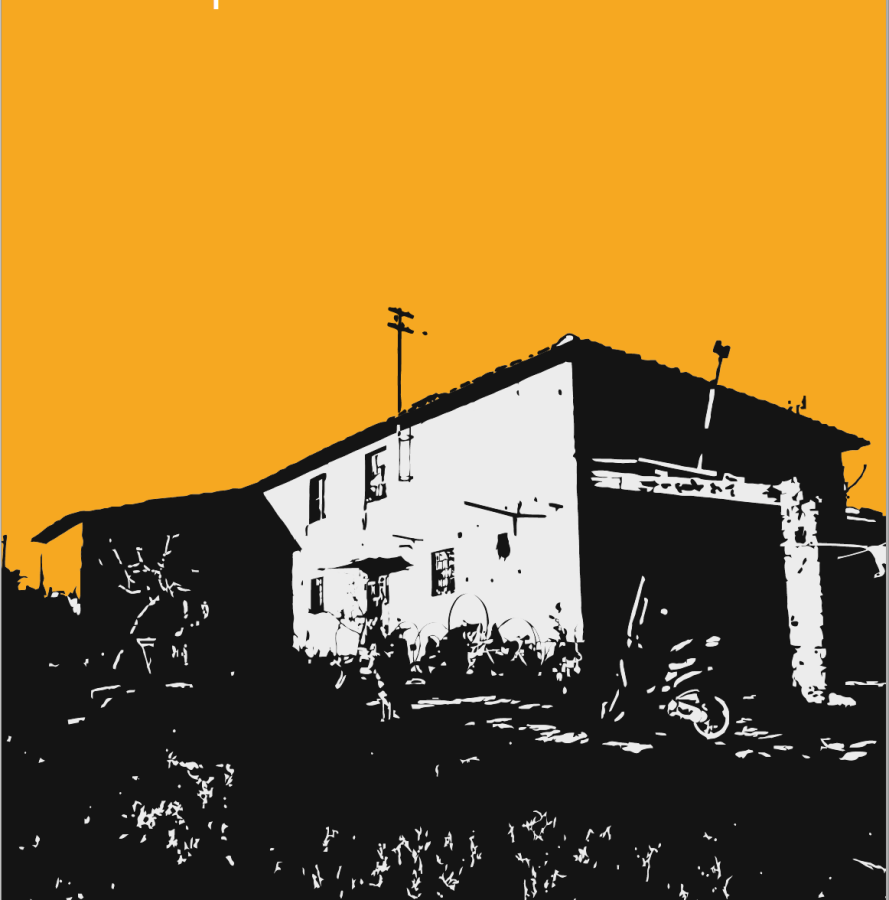
Cecco Rivolta – Firenze
This collective house in Via Dazzi, Firenze, on the slopes up to Rifredi, is a historical experience of a student squat that has been essential for various Florentine urban movement initiatives, serving during the years as a community hub, a laboratory, and an organising spot. In recent years it has been transformed in a pilot project of the Tuscany Region for the regeneration of social housing through the work of its inhabitants. Tesserae’s researchers have followed the case of via Dazzi since its early steps and presented it as an exemplary case study in the study on Self Recovery of Common Goods for Civic e-State – URBACT.
activism · autonomous center · commons · housing · media activism · self-led construction · self-management · squatting · urban gardening
